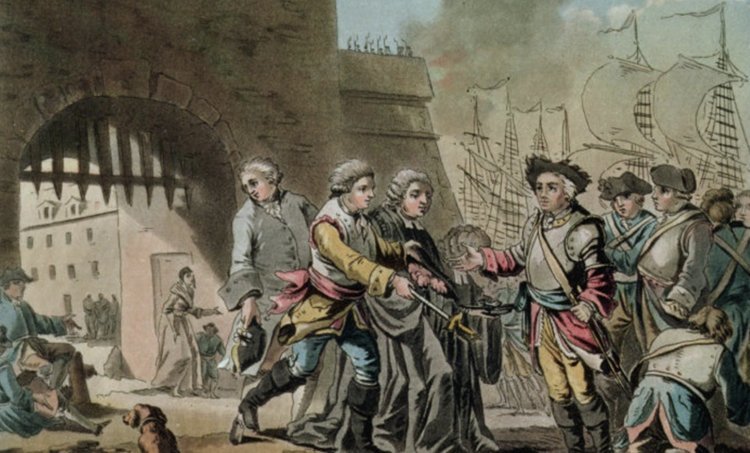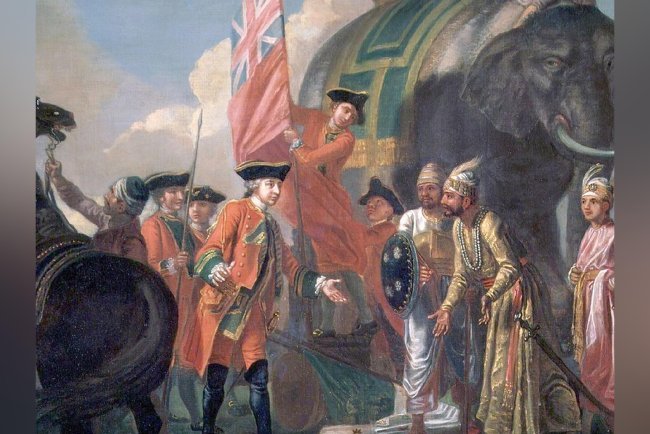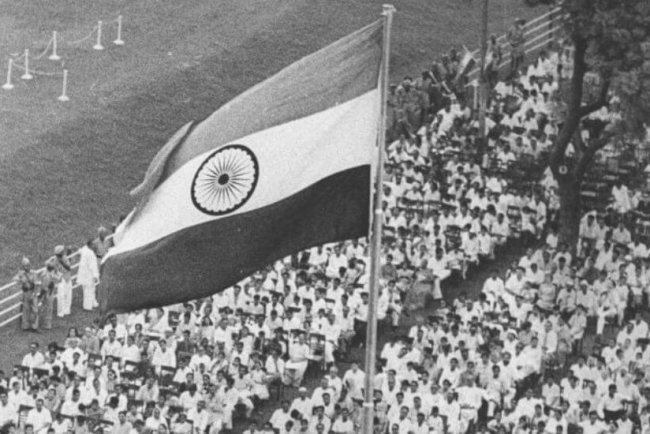Understanding the First Carnatic War: A Key Episode in Anglo-French Rivalry
Explore the First Carnatic War, a key conflict in the Anglo-French rivalry over 18th-century India. Understand its causes, key battles like the Battle of Madras, and the Treaty of Aix-la-Chapelle that shaped colonial ambitions.

The First Carnatic War (1740-1748) was a critical chapter in the series of conflicts known as the Carnatic Wars, which were pivotal in shaping the colonial landscape of 18th-century India. This war marked the beginning of the Anglo-French rivalry in India, with both European powers vying for dominance over the Indian subcontinent. Understanding the causes, key events, and outcomes of this war provides insight into its significance and impact on future colonial endeavors.
Causes of the First Carnatic War
The First Carnatic War was largely an extension of the European conflict known as the War of the Austrian Succession (1740-1748). The geopolitical tensions between Britain and France in Europe spilled over into their colonial territories, igniting conflicts in India. Both the British East India Company and the French East India Company sought to establish their supremacy in Southern India, particularly in the Carnatic region, which was strategically important for controlling trade routes.
Key Events of the First Carnatic War
The Battle of Madras
One of the most notable events during the First Carnatic War was the Battle of Madras. In 1746, the French, under the leadership of Joseph François Dupleix, capitalized on the absence of British naval forces and captured Madras. This bold move was facilitated by the French naval commander La Bourdonnais, who arrived with a fleet from Mauritius. The capture of Madras was a significant blow to British prestige and highlighted the vulnerability of European trading posts in India.
The Siege of Arcot
Although not directly part of the First Carnatic War, the Siege of Arcot later became emblematic of the shifting power dynamics during the conflict. The British, in response to the capture of Madras, sought to fortify their positions and retaliate against French advances. However, the primary battles of the First Carnatic War revolved around Madras and the surrounding areas.
The Treaty of Aix-la-Chapelle
The First Carnatic War concluded with the Treaty of Aix-la-Chapelle in 1748, which ended the broader War of the Austrian Succession. The treaty restored the status quo, with Madras being returned to the British in exchange for Louisbourg in North America, which had been captured by the British. This settlement underscored the importance of naval power and negotiations in colonial conflicts, as both European powers prioritized their interests on multiple fronts.
Outcomes and Significance
The First Carnatic War demonstrated the strategic importance of India in European colonial ambitions. Although the immediate territorial changes were minimal, the conflict set the stage for future battles between the British and French in India. The war highlighted the need for strong naval forces to protect colonial interests and underscored the volatility of alliances with Indian rulers.
The Role of Dupleix
Joseph François Dupleix played a crucial role in the First Carnatic War, showcasing his diplomatic and military acumen. His efforts to expand French influence through alliances with local rulers were initially successful, but the eventual return of Madras to the British highlighted the limitations of French power in India. Dupleix's strategies laid the groundwork for subsequent conflicts, as he continued to pursue French dominance in the region.
Conclusion
The First Carnatic War was a significant event in the broader context of 18th-century colonial India. It marked the beginning of a prolonged struggle between the British and French for control over the Indian subcontinent. While the war itself did not result in major territorial gains, it set the stage for the Second and Third Carnatic Wars, ultimately influencing the trajectory of British colonialism in India. The lessons learned from the First Carnatic War, particularly the importance of naval strength and strategic alliances, continued to shape the colonial ambitions of European powers in India.
What's Your Reaction?















